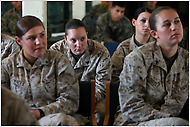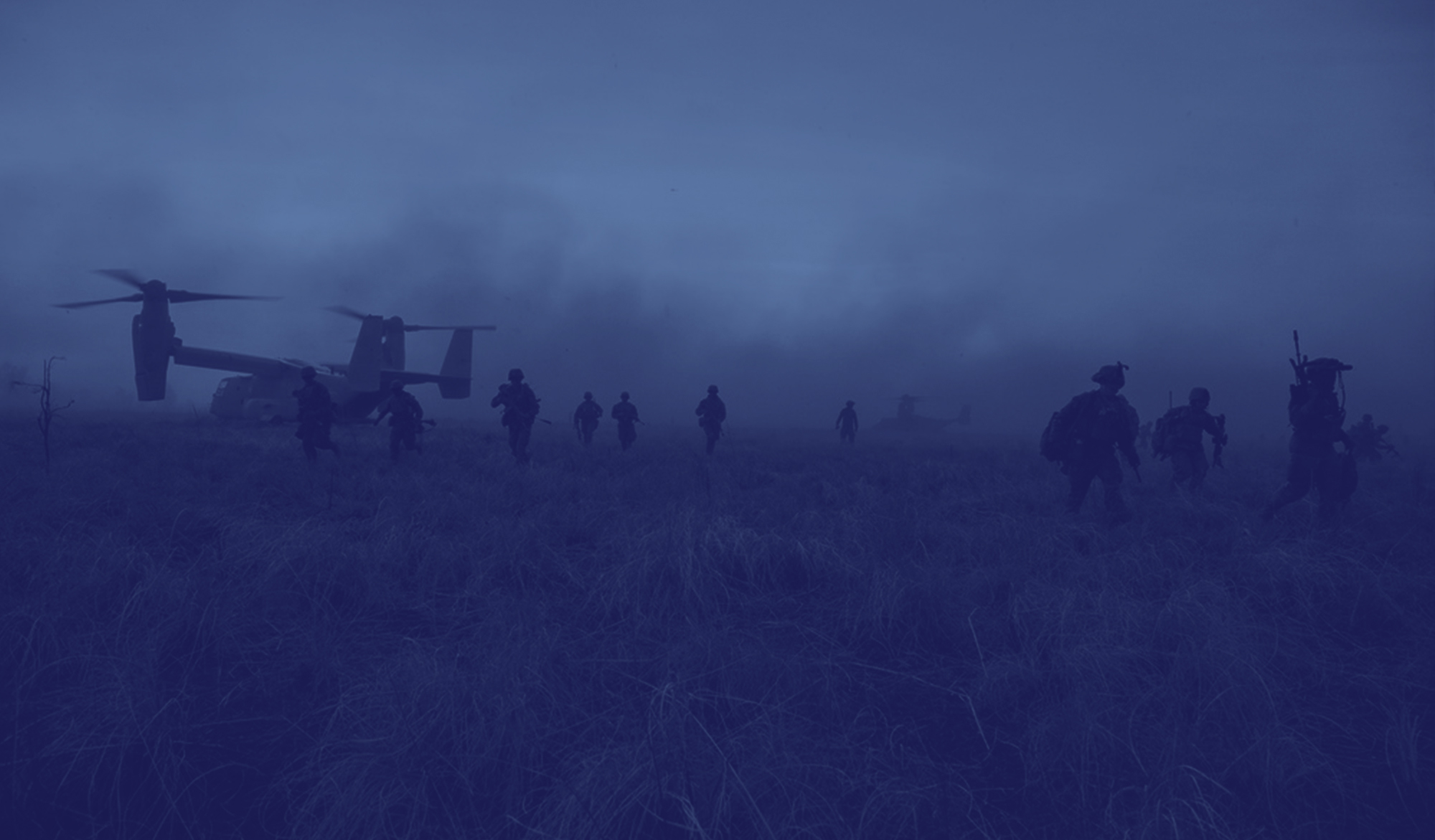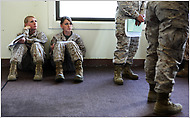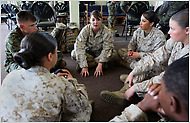
By ELISABETH BUMILLER
Published: March 6, 2010
Monica Almeida/The New York Times
Female Marines at Camp Pendleton, Calif., will be sent to Helmand Province next month to try to win over rural Afghan women.CAMP PENDLETON, Calif. — The Marines in a recent “cultural awareness” class scribbled careful notes as the instructor coached them on do’s and don’ts when talking to villagers in Afghanistan: Don’t start by firing off questions, do break the ice by playing with the children, don’t let your interpreter hijack the conversation. And one more thing: “If you have a pony tail,” said Marina Kielpinski, the instructor, “let it go out the back of your helmet so people can see you’re a woman.”
These are not your mother’s Marines here in the rugged California chaparral of Camp Pendleton, where 40 young women are preparing to deploy to Afghanistan in one of the more forward-leaning experiments of the American military.
Next month they will begin work as members of the first full-time “female engagement teams,” the military’s name for four- and five-member units that will accompany men on patrols in Helmand Province to try to win over the rural Afghan women who are culturally off limits to outside men. The teams, which are to meet with the Afghan women in their homes, assess their need for aid and gather intelligence, are part of Gen. Stanley A. McChrystal’s campaign for Afghan hearts and minds. His officers say that you cannot gain the trust of the Afghan population if you only talk to half of it.
Monica Almeida/The New York Times
About 40 women will be split into units that will accompany men on patrols to meet with the Afghan women in their homes.“We know we can make a difference,” said Capt. Emily Naslund, 26, the team’s executive officer and second in command. Like the other 39 women, Captain Naslund volunteered for the program and radiates exuberance, but she is not naïve about the frustrations and dangers ahead. Half of the women have been deployed before, most to Iraq.
“We all know that what you expect is not usually what it’s going to end up being,” said Sgt. Melissa Hernandez, 35, who signed on because she wanted something different from her office job at Camp Victory, the American military headquarters in Baghdad.
Monica Almeida/The New York Times
Cpl. Michele Greco-Lucchina, center, led a group during a “cultural awareness” exercise last month at Camp Pendleton, Calif.As envisioned, the teams will work like American politicians who campaign door to door and learn what voters care about. A team is to arrive in a village, get permission from the male elder to speak with the women, settle into a compound, hand out school supplies and medicine, drink tea, make conversation and, ideally, get information about the village, local grievances and the Taliban. Read more here…


